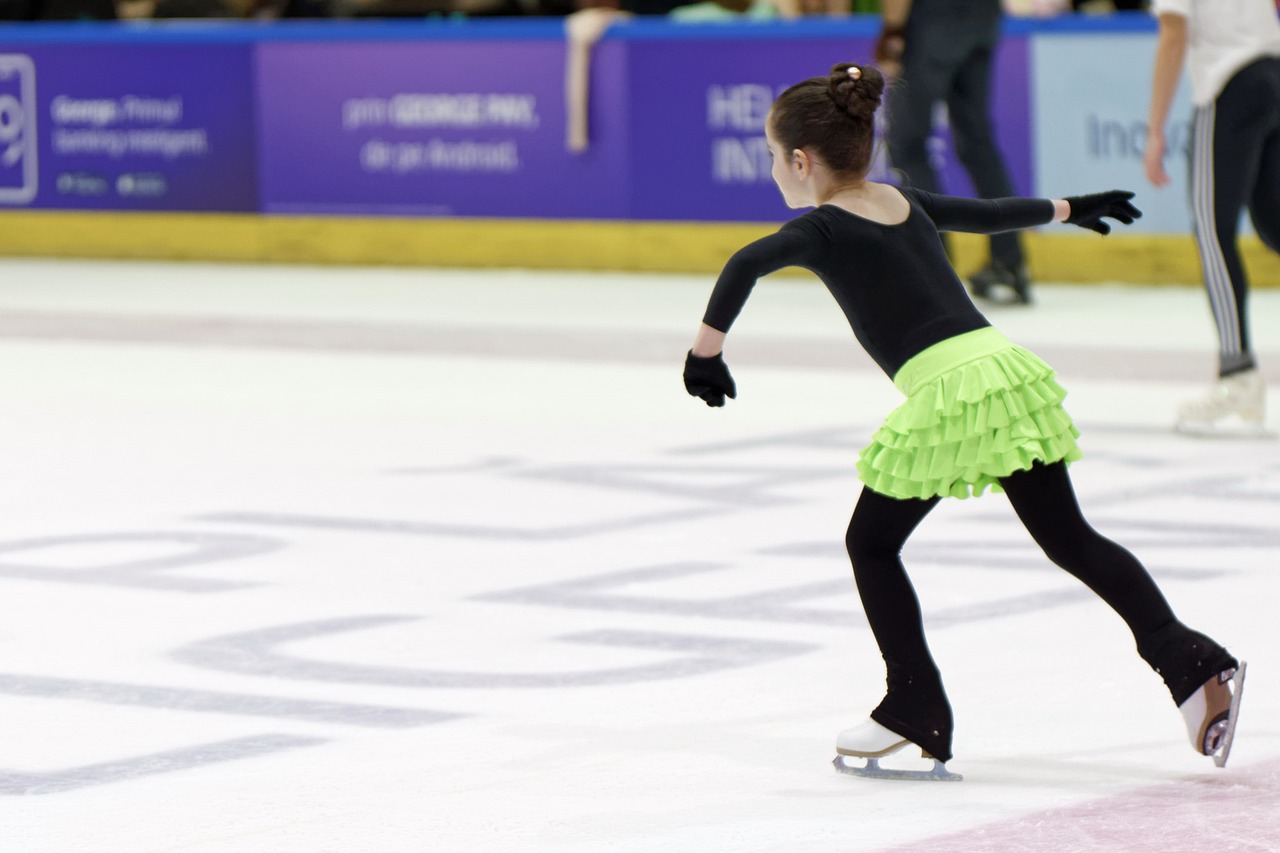How Do I Check If My Child Is Colour Blind?
Facts about Colour Vision Deficiency (CVD):![]() People with CVD don’t see the world in black and white. They just have trouble distinguishing between certain colours
People with CVD don’t see the world in black and white. They just have trouble distinguishing between certain colours ![]() The most common type is red-green colour deficiency
The most common type is red-green colour deficiency![]() Affects males more than females
Affects males more than females![]() When undiagnosed, kids may avoid games revolving around colour and may experience isolation for not seeing colours the way others do
When undiagnosed, kids may avoid games revolving around colour and may experience isolation for not seeing colours the way others do
Here’s is a link to The Curious Eye – a fun, interactive, FREE e-book created by the Children’s Eye Foundation of AAPOS to help screen for colour vision deficiency in children!
If you have any concerns, an optometrist can also assess for colour vision deficiencies, along with ocular health issues and refractive error (aka “prescription checks”). We can do first eye exams as early as 6-12 months! Get your kids in early to screen for vision problems! We can do it even before they can talk! Call 905-666-4848




